In the adjoining figure, AP⊥BC,AD||BC, then find A(ΔABC):A(ΔBCD).
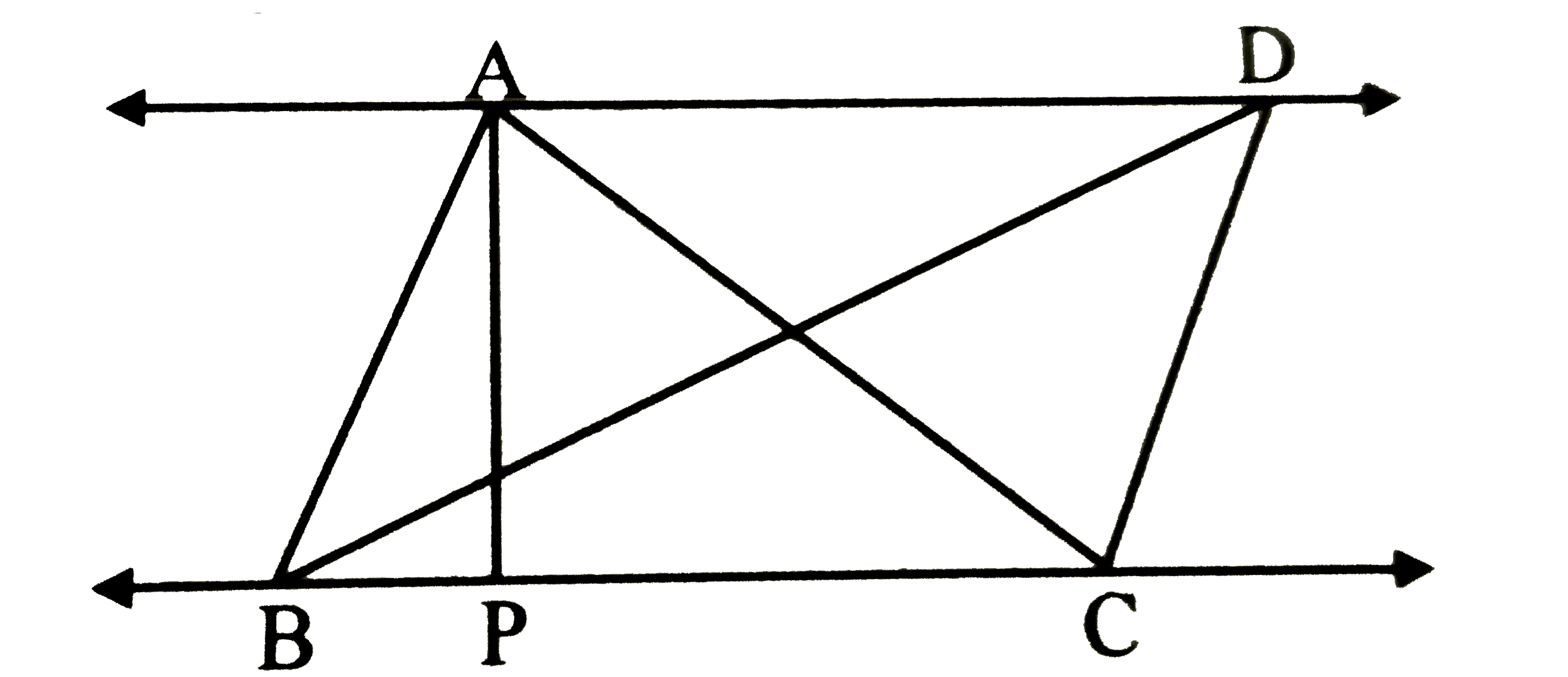
The correct Answer is:∴ A(ΔABC):A(ΔBCD)=1:1
Step by step video & image solution for In the adjoining figure, AP bot BC, AD abs() BC, then find A(DeltaABC):A(DeltaBCD). by Maths experts to help you in doubts & scoring excellent marks in Class 10 exams.
Topper's Solved these Questions
- BOOK - TARGET PUBLICATIONCHAPTER - SIMILARITY EXERCISE - Practice Set 1.211videos
SIMILARITY
- BOOK - TARGET PUBLICATIONCHAPTER - SIMILARITY EXERCISE - Practice Set 1.39videos
SIMILARITY
- BOOK - TARGET PUBLICATIONCHAPTER - SIMILARITY EXERCISE - Try this1videos
SIMILARITY
- BOOK - TARGET PUBLICATIONCHAPTER - QUESTION FROM STD. IXEXERCISE - Statistics14videos
QUESTION FROM STD. IX
- BOOK - TARGET PUBLICATIONCHAPTER - STATISTICSEXERCISE - Problem Set-621videos
STATISTICS
Similar Questions
In the adjoining figure, PQ⊥BC,AD⊥BC, then find ratio
A(ΔPBC)A(ΔABC).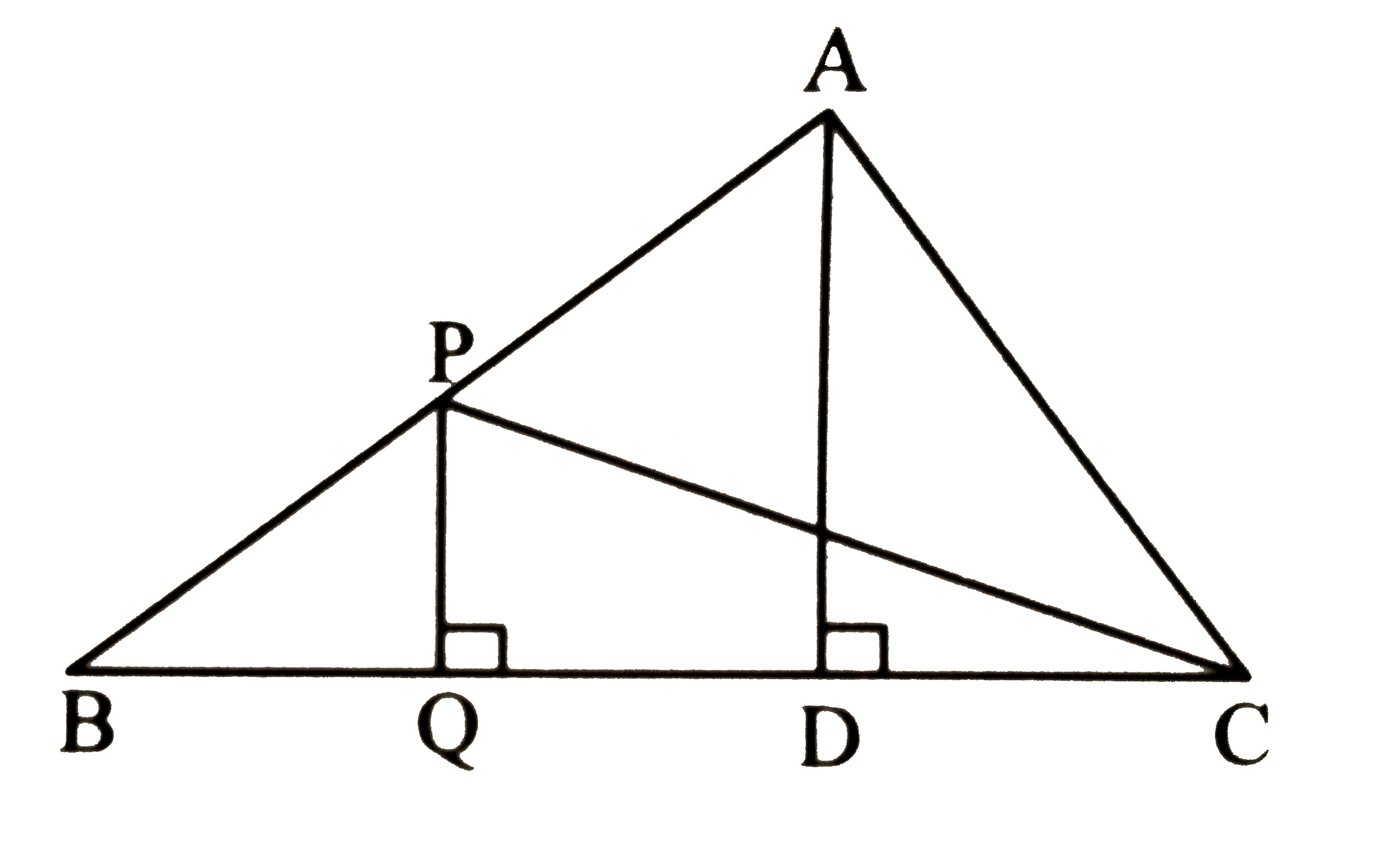 View Solution
View SolutionIn the adjoining figure, PQ⊥BC,AD⊥BC, then find ratio
A(ΔABC)A(ΔADC).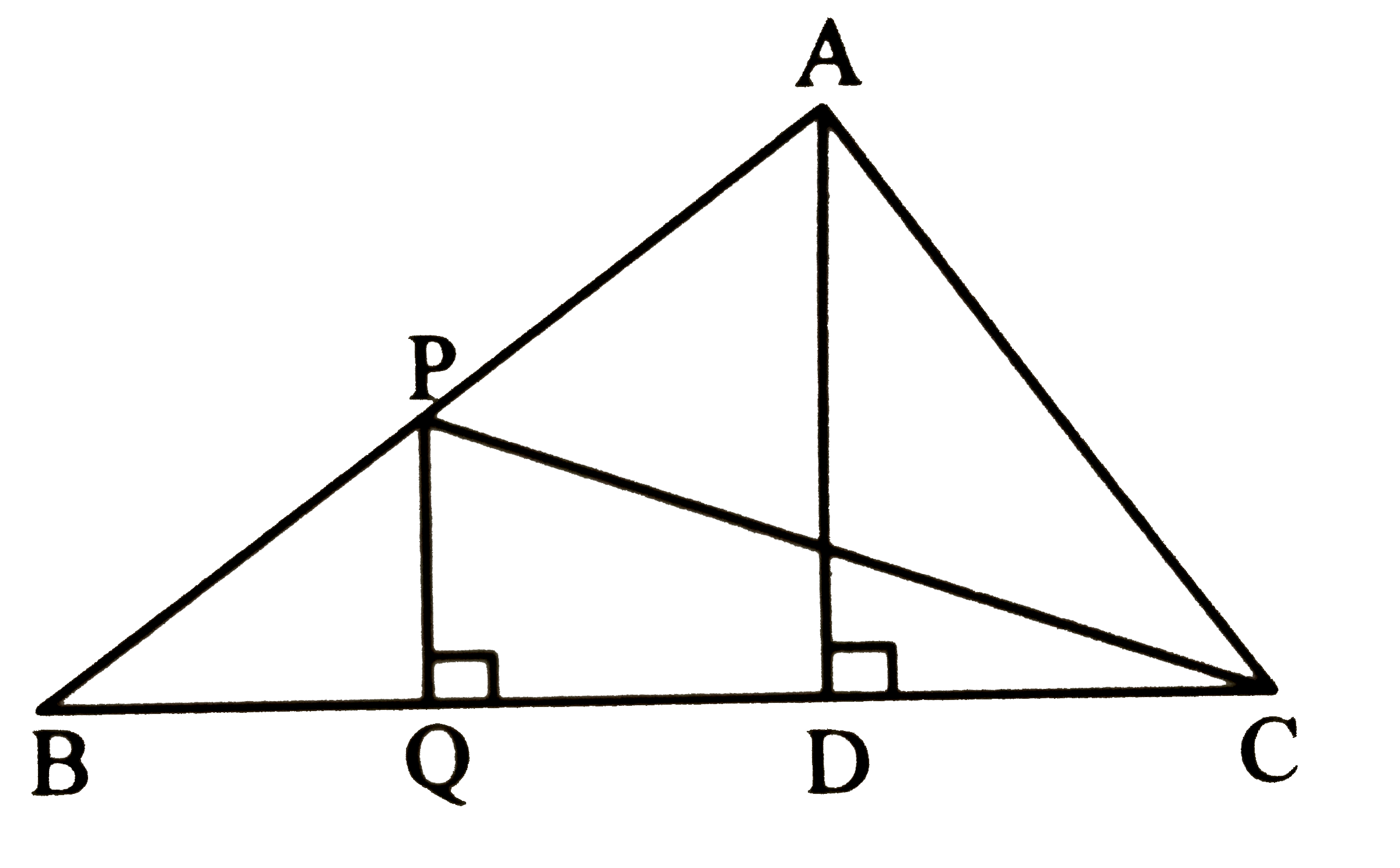 View Solution
View SolutionIn the adjoining figure, PQ⊥BC,AD⊥BC, then find ratio
A(ΔPQB)A(ΔPBC).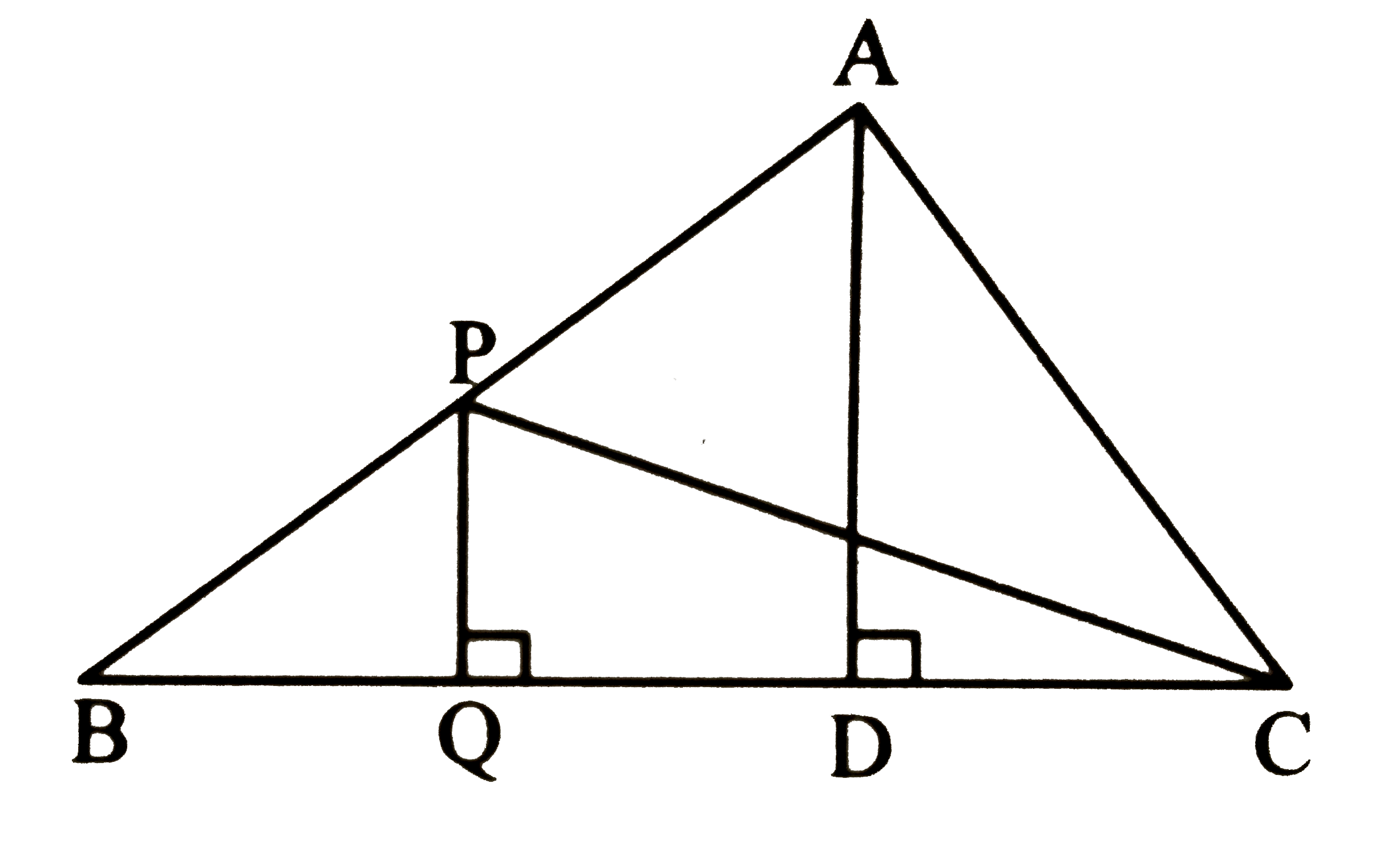 View Solution
View SolutionIn the adjoining figure, PQ⊥BC,AD⊥BC, then find ratio
A(ΔADC)A(ΔPQC)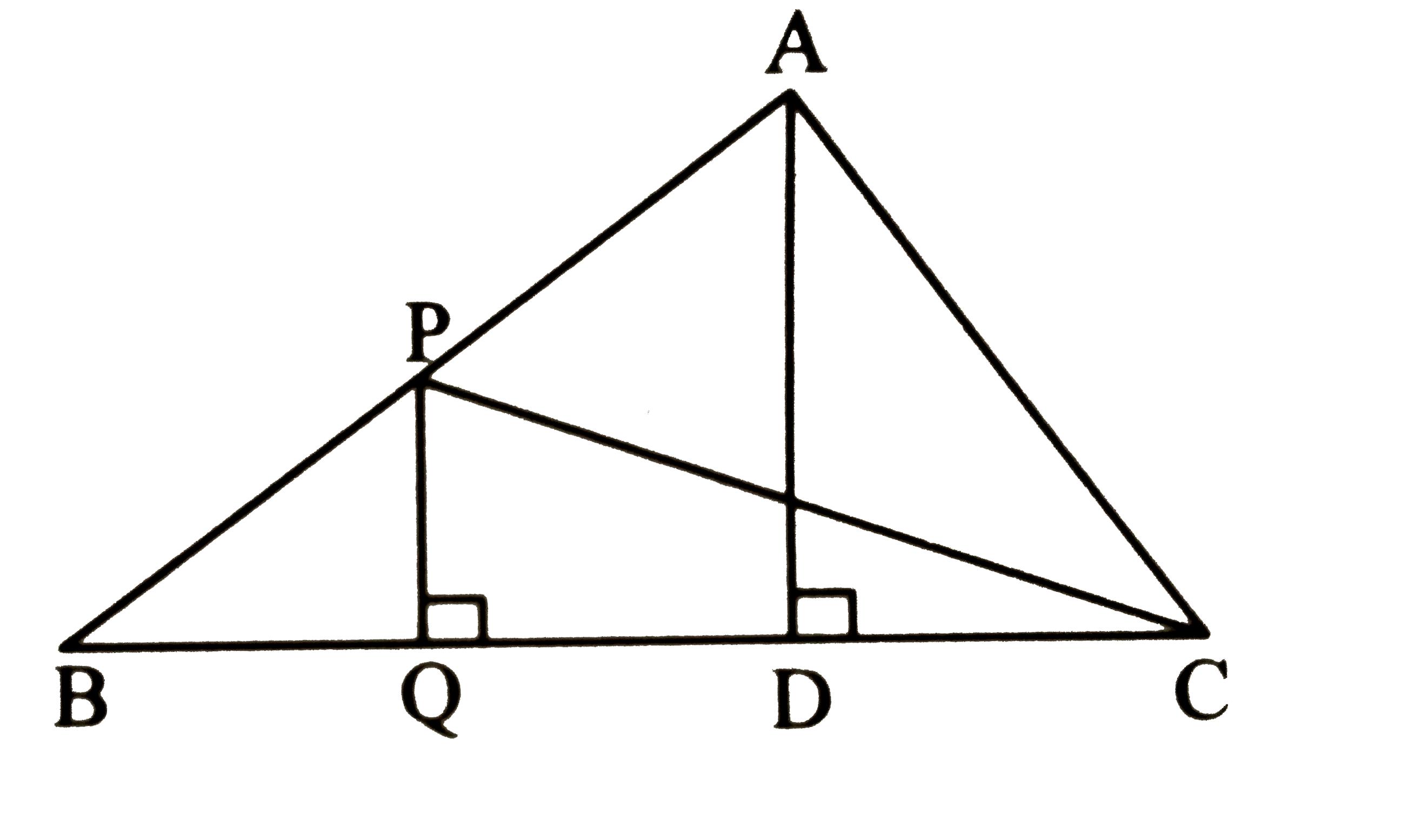 View Solution
View SolutionIn the adjoining figure, AP⊥BC ,AD||BC ,then find A(ΔABC):A(ΔBCD) .
View SolutionIn adjoining figure,AP⊥BC , AD∣∣BC ,then find Ar.(ΔABC):Ar.(ΔBCD)Fig.
View SolutionIn the following figure AP⊥BC,AD∣∣BC, then find A(ΔABC):A(ΔBCD).
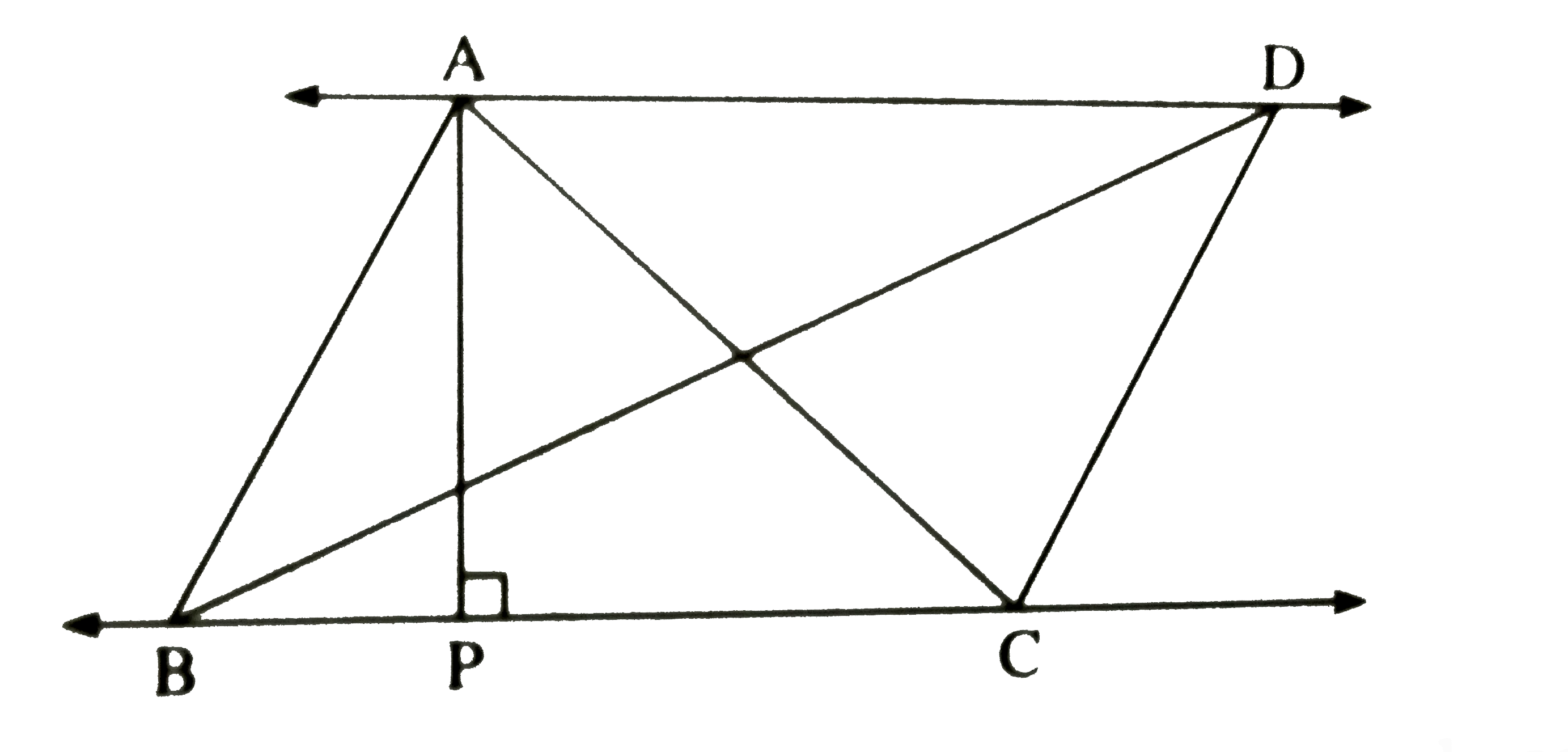 View Solution
View SolutionIn the adjoining figure, BC⊥AB,AD⊥AB,BC=4,AD=8, then find A(ΔABC)A(ΔADB)..
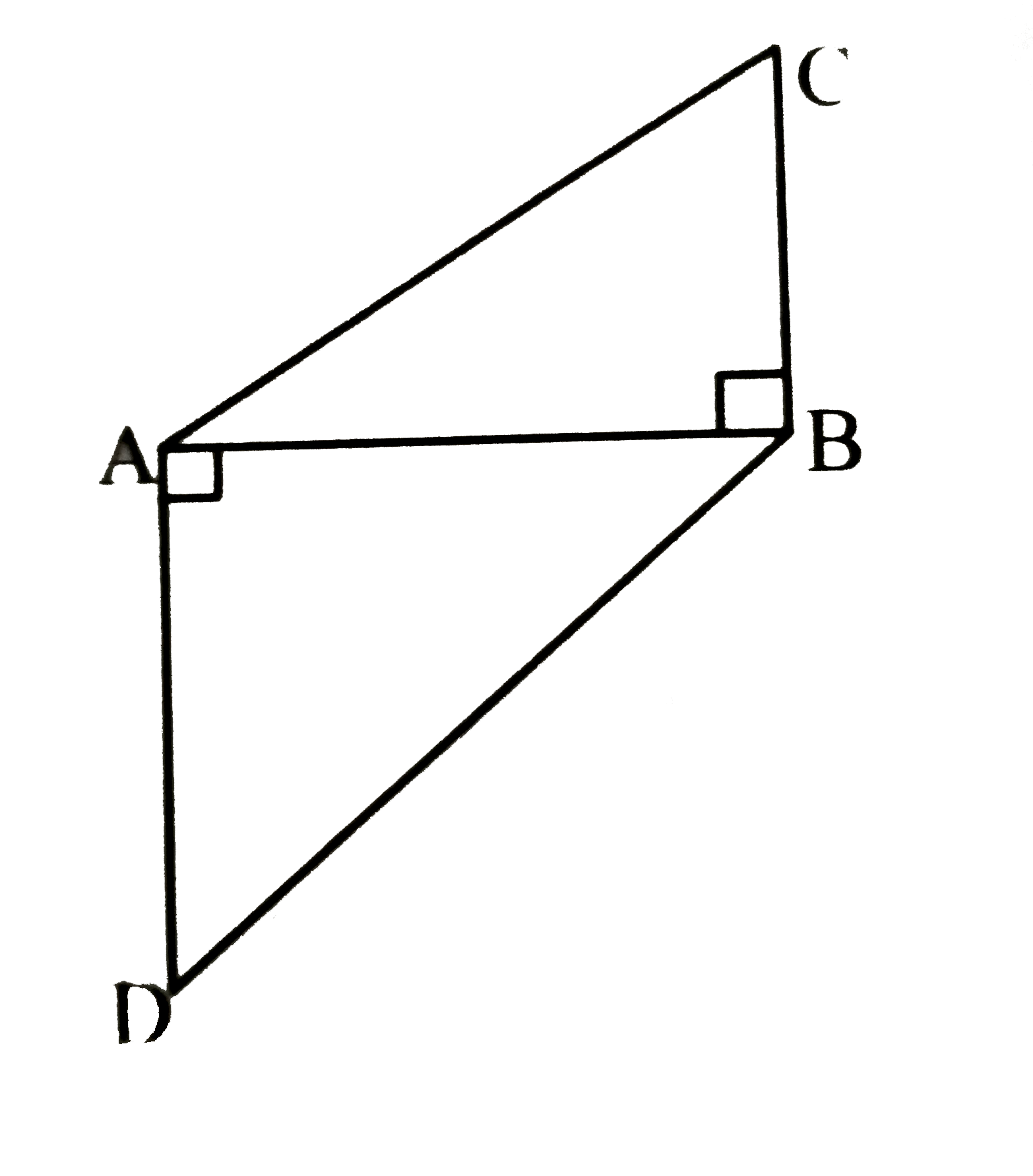 View Solution
View SolutionIn adjoining figure, PQ⊥BC, AD⊥BC then find the following ratios.
(i)A(ΔPQB)A(ΔPBC) (ii)A(ΔPBC)A(ΔABC)
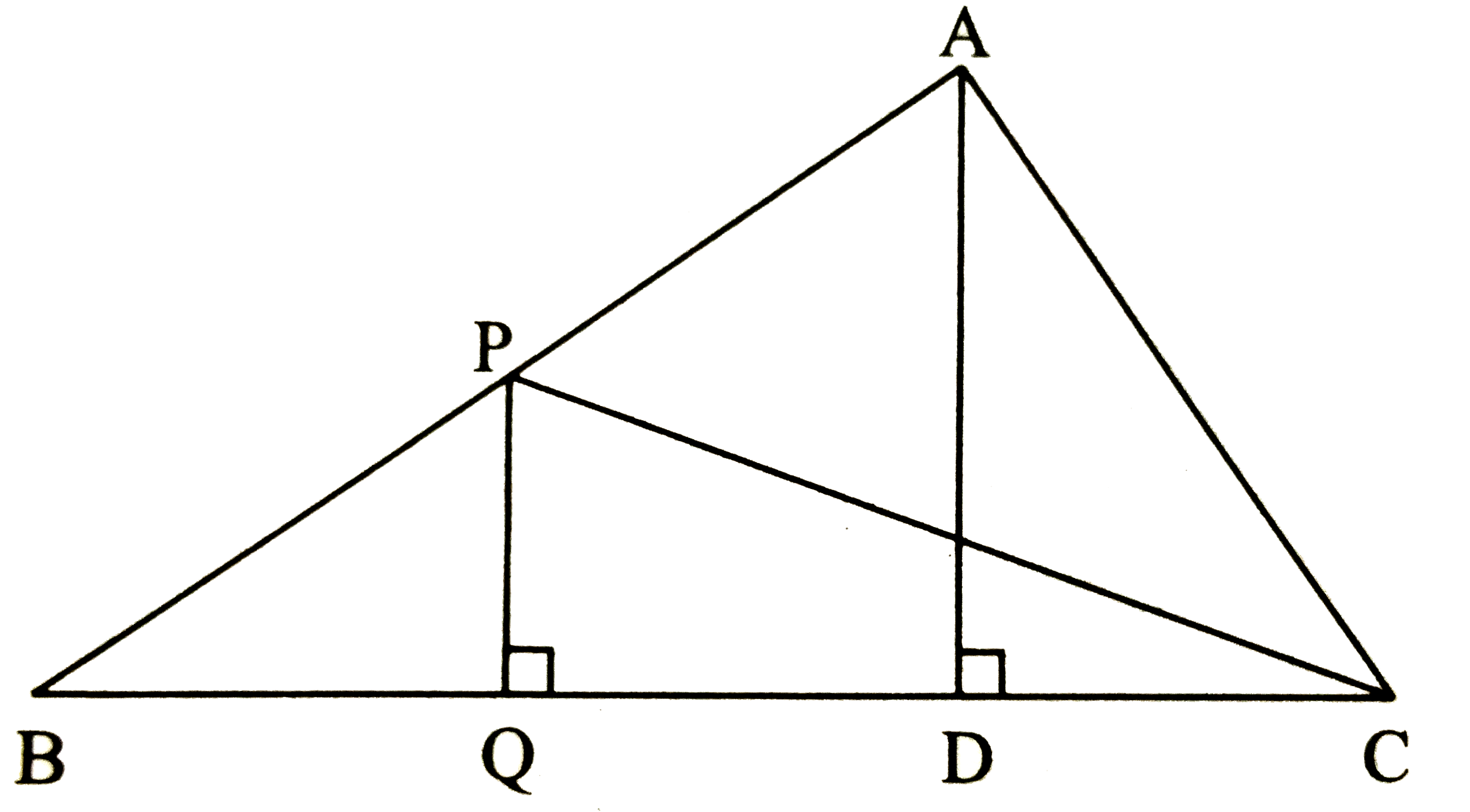 View Solution
View SolutionIn the figure BC⊥AB,AD⊥AB,BC=4,AD=8, then find A(ΔABC)A(ΔADB).
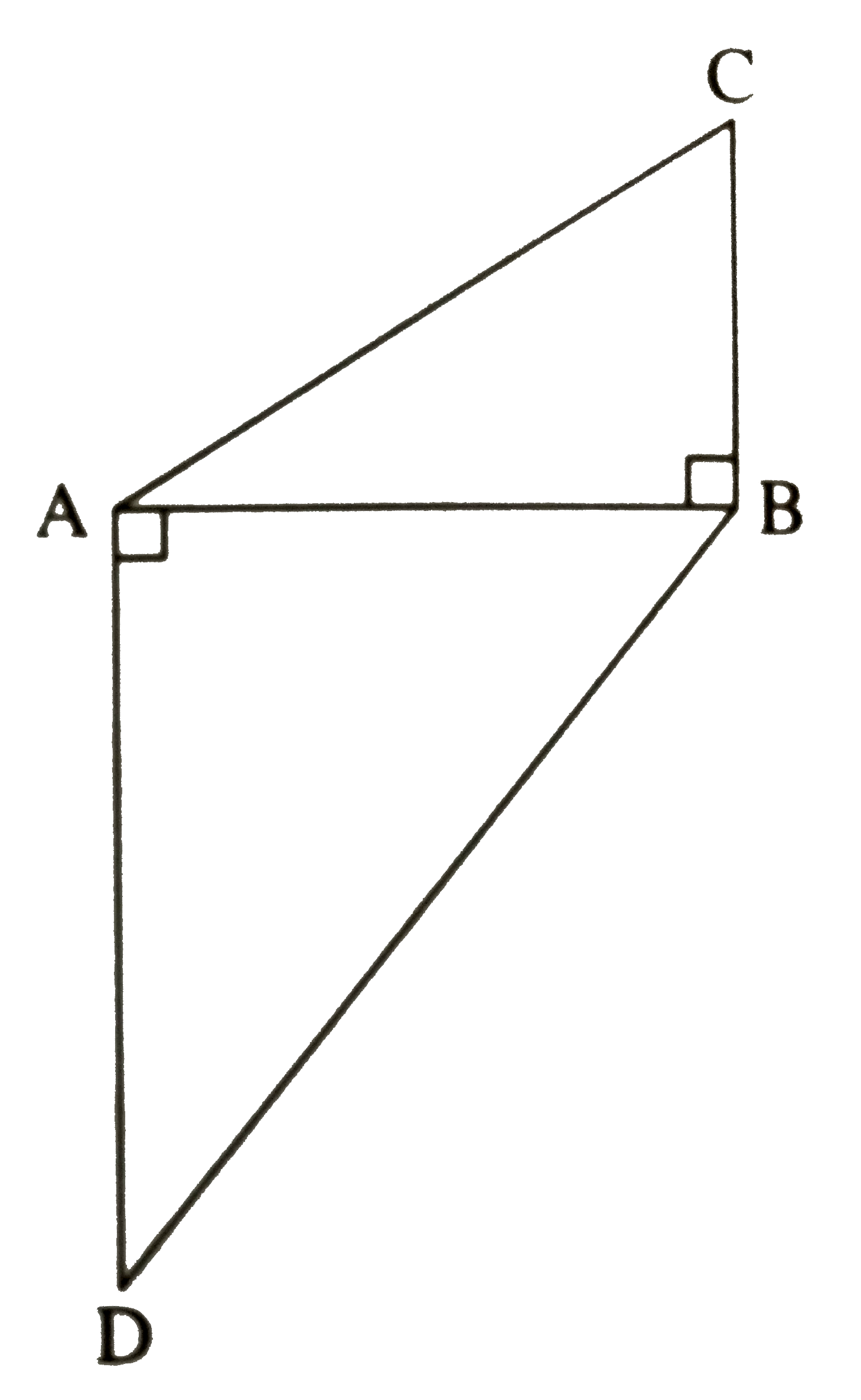 View Solution
View Solution

